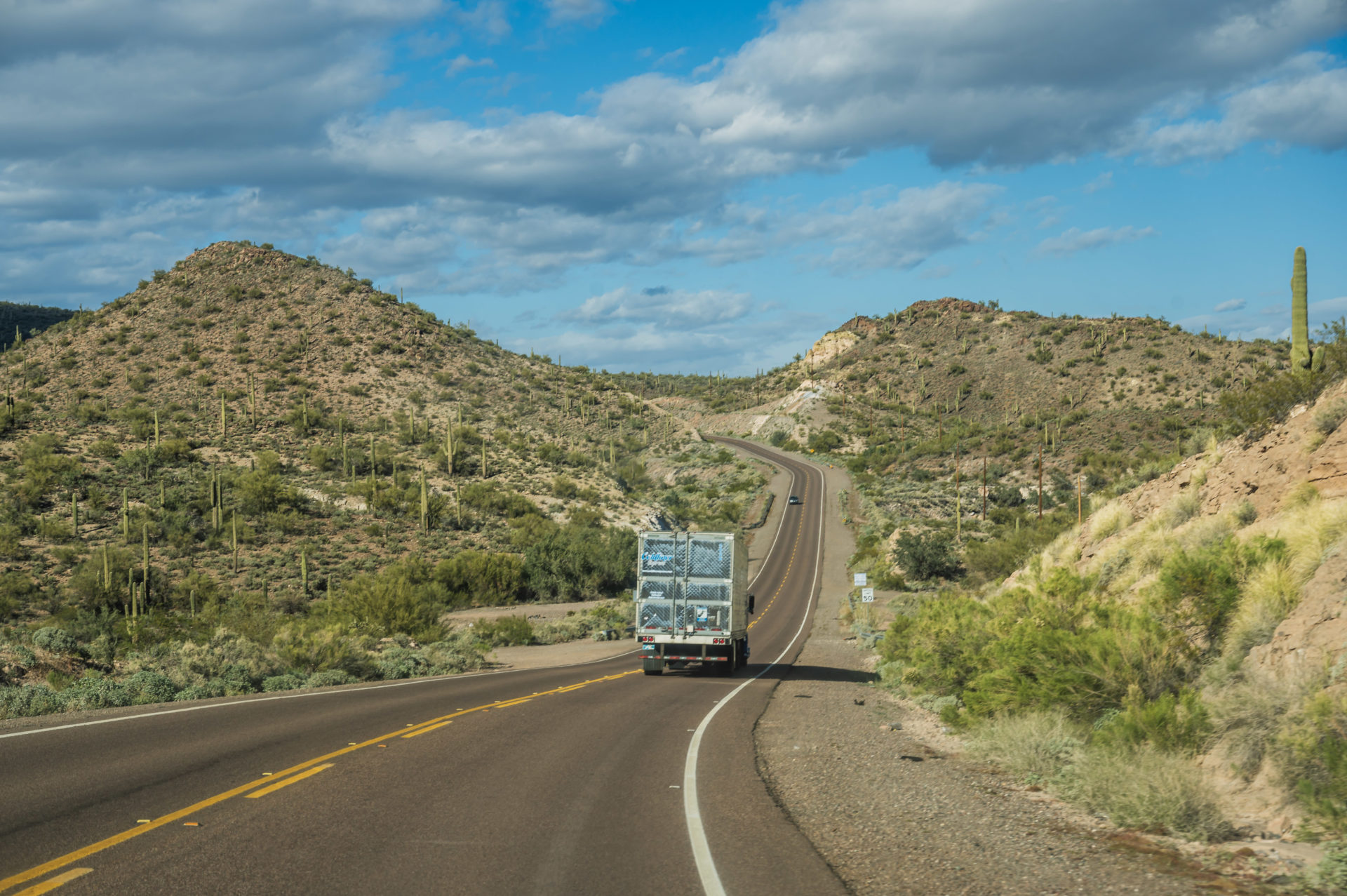If you’re a business considering using a freight company for your shipping needs, chances are one of your concerns has to do with the kinds of insurance your potential trucking company may have. Here’s an overview of what you need to know about transportation and liability insurance.
Types of insurance coverage
Commercial truck insurance companies offer different types of coverage depending on the business size, the number and types of trucks, and the type of freight. It should be noted that all carriers are required by law to have liability coverage, but there are different kinds. The first is primary liability insurance. This type of commercial vehicle insurance covers bodily injury and property damage a company may cause others while their truck is on the road. The federal government requires trucking to have this type of coverage before using or leasing trucks for business purposes. The next common type of insurance is general liability insurance. This protects trucking companies from incidents that happen off the road. It covers incidents that happen because of their day-to-day operations, like slip-and-fall accidents and loading delivery errors. Additional coverage includes non-trucking liability, physical damage coverage, and motor truck cargo.
Why customers should understand motor truck cargo a carrier has
Motor truck cargo coverage provides coverage for the goods a freight company transports, including losses that result from collision, fire, or striking. It provides coverage against the risks of direct physical loss to covered property while in transit and loading or unloading. It covers property while at a terminal or dock awaiting final distribution. It protects both the owner of the goods as well as the insured party (or parties) while the cargo is being transported. Legally, all cargo transporters must carry a minimum amount of basic liability insurance, which is known as carrier liability, but this provides very limited coverage. Carrier liability typically only covers injuries or damage to other people or property, not the cargo being carried. However, transporters can purchase more comprehensive coverage through a motor truck cargo liability policy to protect their cargo from loss, damage, or theft while in transit.
How much coverage is required?
The minimum required liability insurance limit depends on the type and weight of freight that is being hauled. The following minimum coverages were enacted more than 40 years ago and are still in effect today:
| Non-hazardous freight moved in vehicles under 10,001 lbs. | $300,000 |
| Non-hazardous freight in vehicles over 10,001 lbs. | $750,000 |
| Oil moved by For-Hire & Private Carriers | $1,000,000 |
| Other Hazardous Materials moved by For-Hire & Private Carriers | $5,000,000 |
These are minimum limits required by the FMCSA, but many shippers and brokers require a minimum of $1,000,000 in coverage regardless of what the truck is hauling. Some trucking companies voluntarily purchase more than the minimum required. Coldliner Services carries 4 million in primary coverage and $250,000 in cargo insurance.
Why working with a reputable freight company matters
Working with freight companies like Coldliner Services gives customers peace of mind knowing that not only will their freight be delivered safely and on time but is covered in case of any unforeseen circumstances. If your company is considering a freight company, work with Coldliner Services to get the best service possible.

